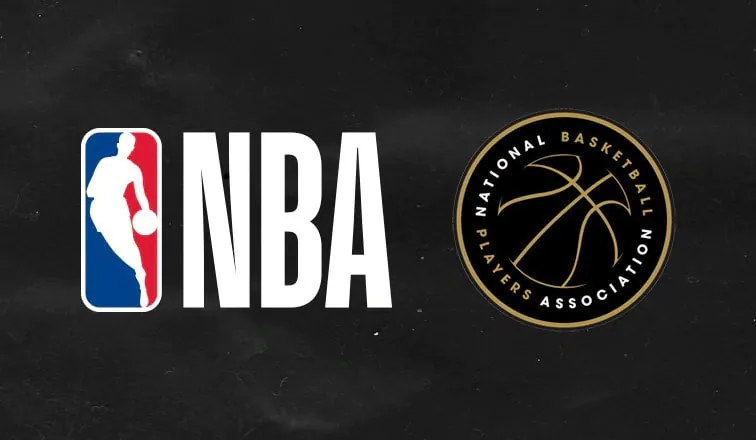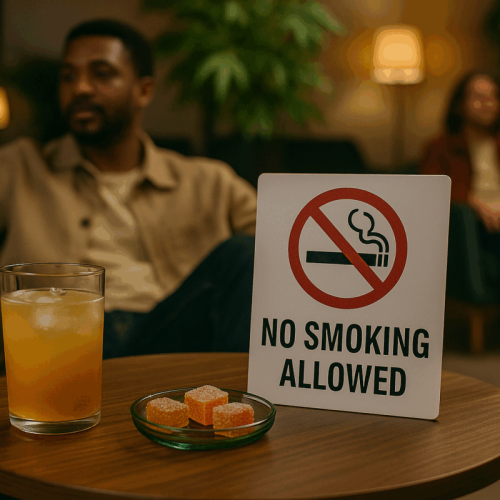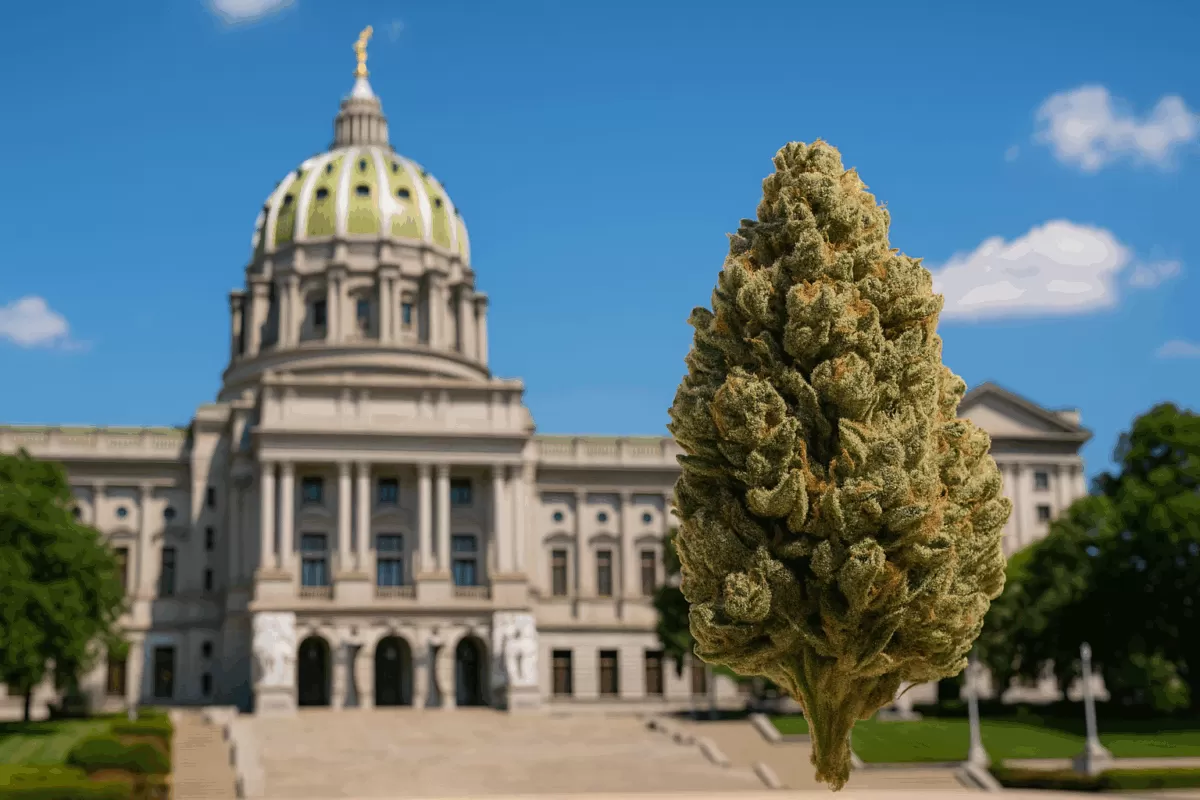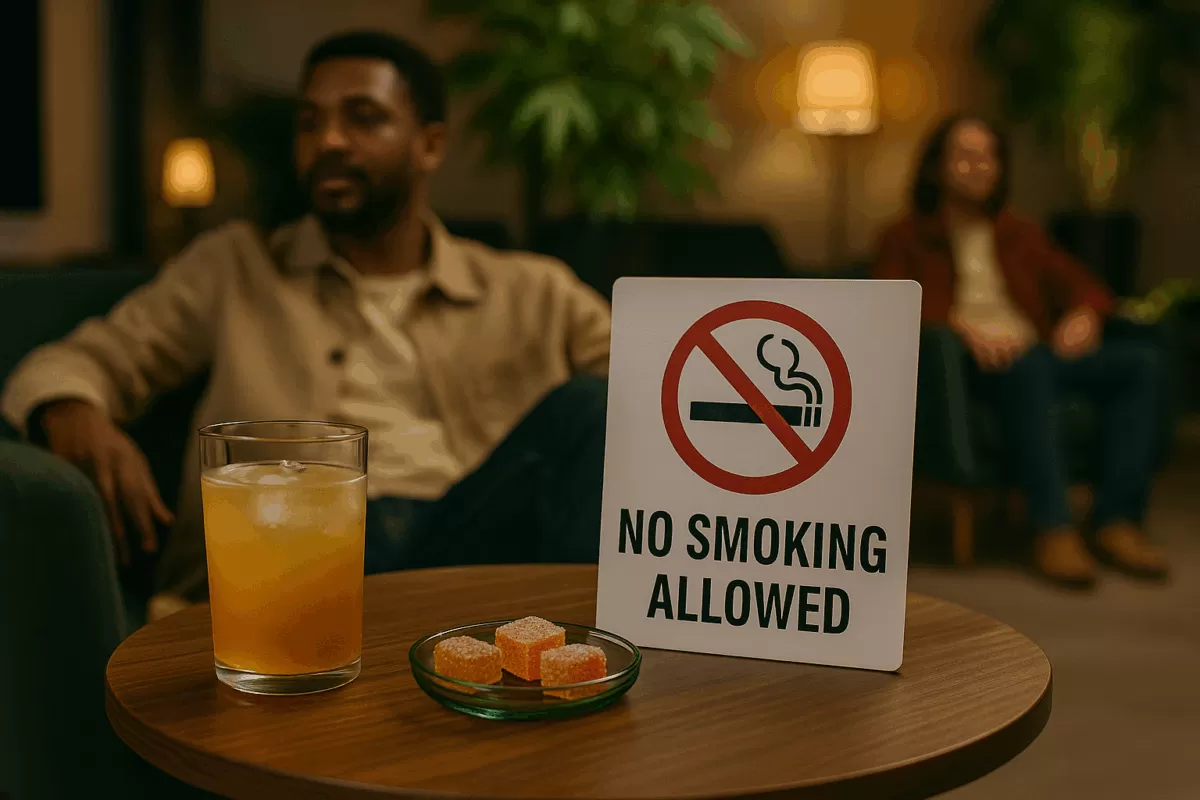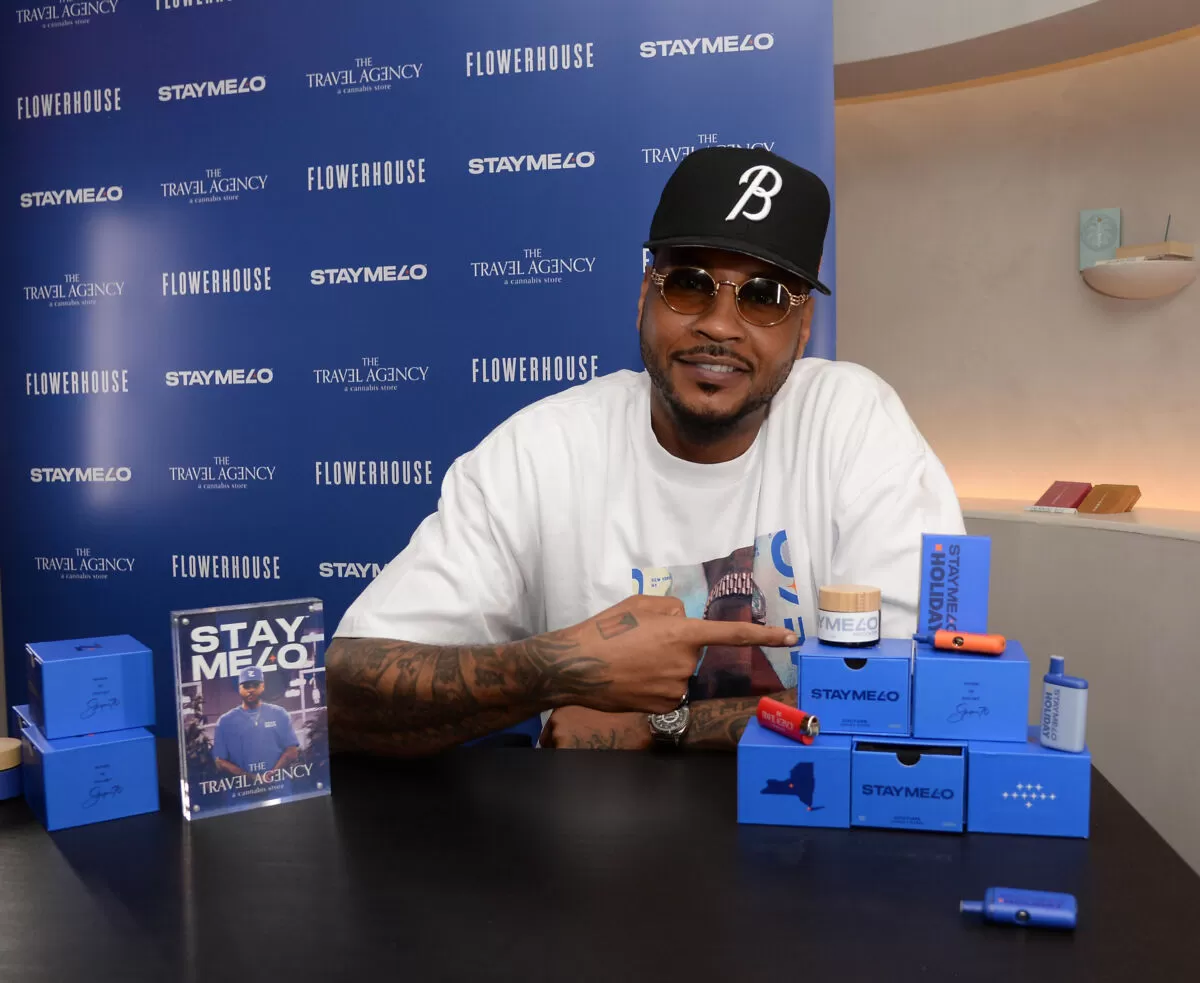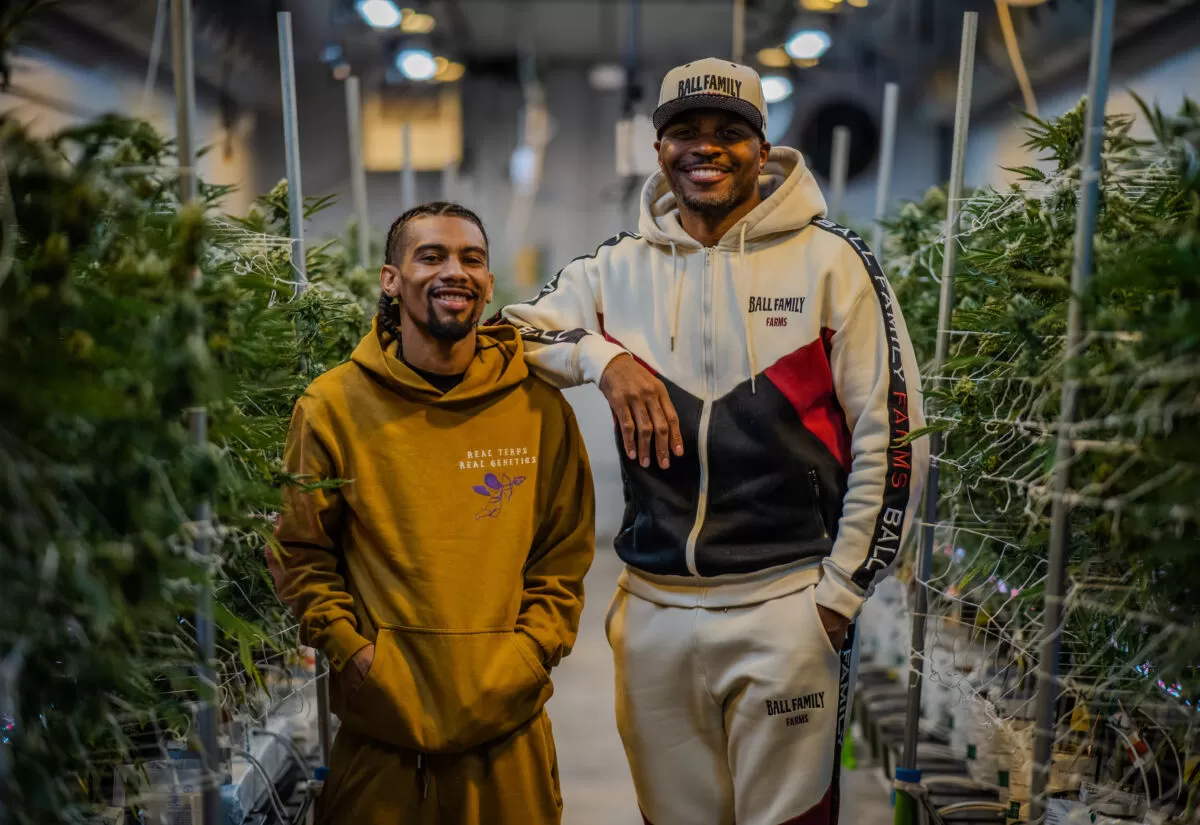Introduction
In an unexpected but progressive move, the National Basketball Association (NBA) has updated its Collective Bargaining Agreement (CBA) with a substantial policy change. The new CBA now lifts the ban on cannabis, enabling players to use the substance for medical and personal use. This momentous decision not only acknowledges the shifting public perception of cannabis but also opens the door for player investments in the booming cannabis industry.
Navigating the New Landscape: NBA’s Revised Cannabis Policy
The NBA and the National Basketball Players Association (NBPA) have joined forces, endorsing a progressive seven-year contract that revolutionizes the NBA Cannabis Policy. In this new regime, marijuana is no longer a prohibited substance. Moreover, it opens up opportunities for players to invest in cannabis companies under certain terms and conditions.
Player Investments and Endorsements in the Cannabis Industry
Under this evolved Collective Bargaining Agreement, players can engage in passive investments in cannabis companies, provided their share doesn’t exceed 50% of the business. There’s also room for players to own stakes, direct or indirect, in companies that produce or sell CBD products.
The changes also spill over into endorsement deals. While players can endorse or promote CBD products, written approval is necessary from both the NBA and the Players Association.
Balancing Freedom and Accountability: The Continued Regulations
Despite the revolutionary changes, the NBA continues to uphold certain regulations in relation to substance use. The agreement details the repercussions for players who do not adhere to prescribed alcohol or marijuana treatment programs. If players show disregard for their responsibilities or test positive for marijuana and/or alcohol, they might face disciplinary action.
Implications of the Policy Change: The Broader Sports Landscape
The amendment to the CBA marks a significant shift in professional sports’ attitude towards cannabis. This change is already reflected in the actions of players like NBA superstar Kevin Durant, who partnered with Weedmaps, an online marijuana marketplace, to help destigmatize cannabis use.
However, there are still challenges. Players interested in investing in the cannabis industry must be cautious. The NBA Cannabis Policy might have changed, but the federal prohibition and varying state-level legislations mean legal, regulatory, and reputational risks persist.
In conclusion, this modification to the CBA is a crucial step forward in redefining the relationship between professional sports and cannabis. As the legalization tide turns and societal attitudes continue to shift, the NBA’s stance has the potential to significantly influence not only the league and its players but also the entire sports world.

